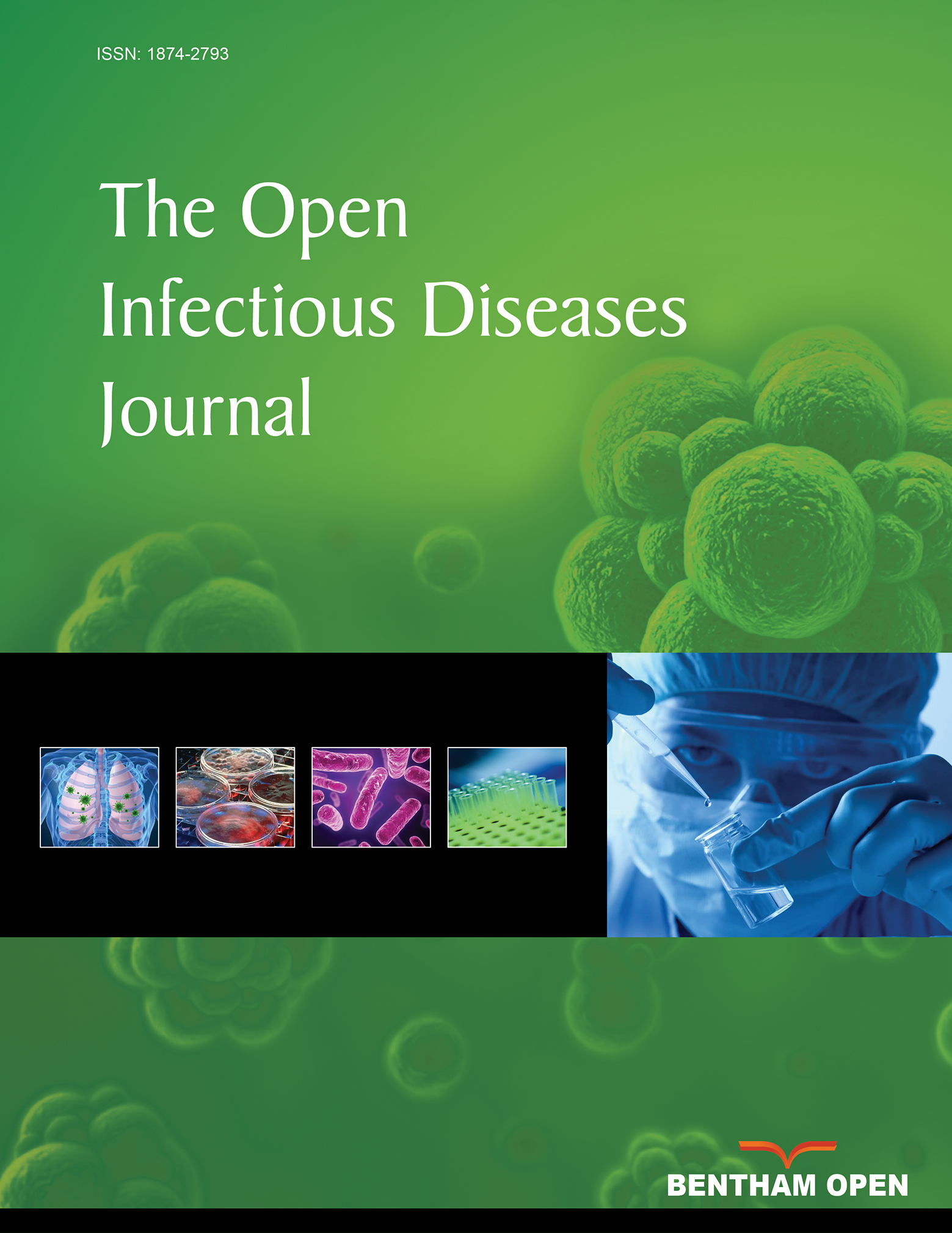All published articles of this journal are available on ScienceDirect.
No Long-Term Risk for Increased Spread of PNSP in Day-Care Centres by Permitting Carriers to Remain in the Day-Care Centre Group
Abstract
In a 6-year prospective epidemiological intervention study the spread of pneumococci non-susceptible to penicillin (PNSP) was studied among children attending day-care centres (DCCs). A primary aim was to investigate whether there was a risk for spread of PNSP by permitting children carrying PNSP strains to remain in the DCC. Carriers were followed until they presented negative cultures. The PNSP strains were characterised by serotyping, antibiotic susceptibility testing and clonality. Thirteen children with PNSP, initiated sampling of 321 children, 66 DCC personnel and 149 family members. Twenty-three (7 %) asymptomatic carriers were identified but none among the personnel. The most spread serotype was 6B (47%), followed by 19F (17%) and 9V (14%). The PNSP isolates were resistant to three antibiotics or more (69%). The spreading capability and duration of carriage differed between PNSP clones but no long-term risk for increased spread of PNSP in DCCs by carriers was found.


